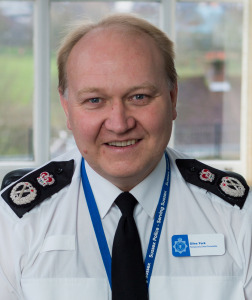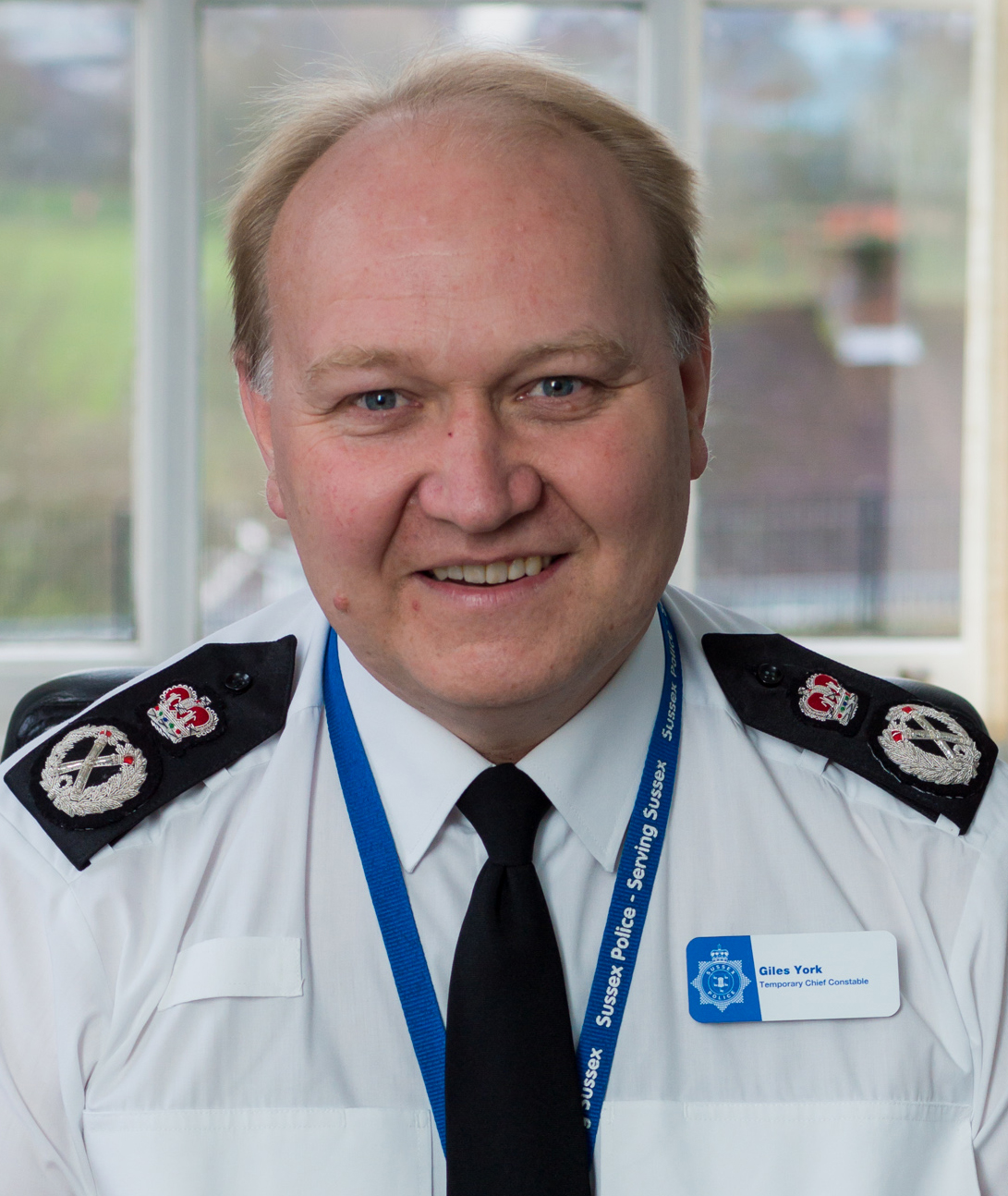The chief constable of Sussex has defended the increasing emphasis on dealing with victims of crime and the public by email and internet.
Chief Constable Giles York spoke out after an interview in the Mail on Sunday, published yesterday (Sunday 10 September).
The newspaper said: “A police chief has sparked anger by claiming that there is no point in his overstretched officers visiting many victims of crime.
“Instead, Giles York, the chief constable of Sussex, said it is more ‘convenient’ for police to interact with the public by phone or online.
“He added that victims can further help investigations by emailing crime scene images and composing their own witness statements.
“In an interview with the Mail on Sunday, Mr York also defended response times for the 101 non-emergency police number, saying seven minutes ‘isn’t long’ for crime victims to have to wait on the line.
“But his comments have angered campaigners who say it is further evidence of police becoming increasingly remote from the public.”
Mr York, the National Police Chiefs’ Council spokesman for digitisation, said that just as no one now expects doctors to make home calls, victims of minor offences should no longer expect police to come to their houses even if they want them to, the newspaper said.
He had to consider “what’s the purpose of us going there”.
The newspaper quoted Mr York as saying: “If it’s just to because the individual wants to see us, is that really the best use of policing time and investigation time?
“If your children are ill, you might quite like the GP to visit you in your house. But it wouldn’t even cross your mind now, to think to call a GP to visit your house.
“Someone coming around isn’t going to add any value to your investigation and actually that person’s time is better spent trying to find the offender than reassuring you.”

According to the newspaper, he said that police would still visit those who had suffered serious crimes such as burglaries but he claimed that many people would prefer to deal with police online rather than waiting for a marked car to turn up.
The newspaper quoted Mr York as saying: “When I look at the lives my children lead, going shopping is a rarity, going out and meeting in the real world is sometimes a rarity.
“It can often be an awful lot more convenient for people to have a service delivered by email or by text than having the commitment of a face-to-face meeting.”
Today Mr York issued a statement through Sussex Police, saying: “People can be assured we are working smarter to keep them safe and feeling safe in Sussex.
“Sussex Police continues to make difficult decisions as it faces the challenge of operating with new demands and reduced resources.
“We do need to modernise the service we provide and would be criticised if we didn’t. That means changes to aspects of the traditional service we have always provided.
“Everyone has their ideal view of what policing should be. However, we need to hold on to areas of policing which are much valued and transform others as we face the challenge of operating with new demands and with fewer people.
“With new technology officers are freed from their desks to gather and record information, feeding it back in real time, increasing the time they can spend outside the police station engaging our communities face to face.
“Better informed, they are patrolling where they know they can make a difference and are sharing information with partners to provide better solutions and outcomes.
“We are striving to become more efficient in delivering an effective service and our local policing is at the heart of significant improvements, ensuring we have effective prevention teams where and when they are needed most.
“We are an emergency service and we will always be there where people need us most, 24/7, 365 days a year, prioritising victims when there is the greatest risk of threat or harm.
“As with other police forces, we face greater demand than ever before with both 999 and 101 calls increasing.
“Our average response over the year is 3 minutes and 13 seconds to 101 calls, although during August we were particularly busy, in line with familiar annual trends in call figures.
“But the reality is, the public often don’t need to speak to us directly and many more are now choosing to report crimes online via our website or via email which is far more convenient for them and can be managed more efficiently by us.
“This by no means removes traditional face-to-face policing that is familiar to so many but does ensure we use all our policing capability to best effect.
“By offering options people are empowered to choose and do things in their own time.
“I am fully aware that not everyone will have access to technology to report matters, however. Of course, conventional means of contact are being retained.
“We have successfully developed an Investigations and Resolution Centre that provides timely support and advice for victims without the need for a physical visit.
“In its first year it reduced the need for officers to attend in 42,000 cases.
“This has saved victims’ time, travelling time, time lost through broken appointments and has enabled us to redeploy our officers to support and protect people with the greatest need and threat of harm.
“Working smarter allows my officers and staff to achieve more as they strive to keep people safe and feeling safe.
“We will always be there when we are most needed.”









Typical out of touch, inward looking and not focused on who he actually works for.
Visiting victims of crime is about collecting evidence and showing that the State cares – His approach reinforces the believe that the Statr doe not.